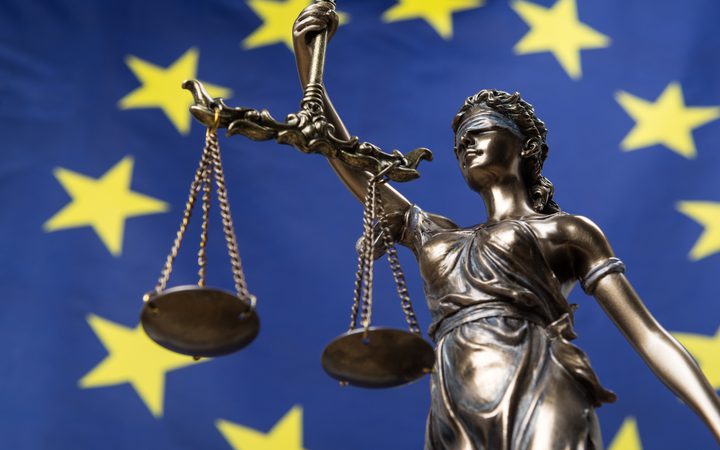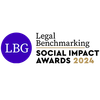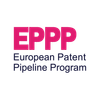Double patenting updates in Europe

Whilst the text of the European Patent Convention is entirely silent on double patenting, objections from the EPO regarding double patenting have occurred for decades and there is a wealth of decisions on this topic from the Boards of Appeal of the EPO. The idea underpinning the objection to double patenting has always been that an applicant has no legitimate interest in the grant of a second patent for the same invention. This was stated in G1/05 where further limitations on amendments for divisional patent applications were considered. Hence, whilst attempting to get the exact same subject matter in a divisional patent application has long been understood in practice to give rise to double patenting objections, this is interpreted narrowly with usually no objections raised where the scope of a parent and divisional could in effect be viewed as a Venn diagram.
With the concept of double patenting not being new, why has a new Enlarged Board of Appeal decisions G4/19 issued this week? This case stems from an Examining Division refusing the grant of a patent application having an identical scope to that of its granted European priority application. The refusal was appealed in T0318/14 with the appellant arguing that the Patentee has a legitimate interest in the grant of the second application having an identical scope. As the filing date of the second application is one year later than that of the granted patent from which it claims priority, the legitimate interest is that the patent term of the second patent would expire one year later.
The Board of Appeal considered that there was conflicting case law on this particular aspect and referred the following questions to the Enlarged Board of Appeal:
- Can a European patent application be refused under Article 97(2) EPC if it claims the same subject-matter as a European patent granted to the same applicant which does not form part of the state of the art pursuant to Article 54(2) and (3) EPC?
2.1 If the answer to the first question is yes, what are the conditions for such a refusal and are different conditions to be applied where the European patent application under examination was filed
- a) on the same date as, or
- b) as a European divisional application (Article 76(1) EPC) in respect of, or
- c) claiming the priority (Article 88 EPC) in respect of a European patent application on the basis of which a European patent was granted to the same applicant?
2.2 In particular, in the latter case, does an applicant have a legitimate interest in the grant of the (subsequent) European patent application in view of the fact that the filing date and not the priority date is the relevant date for calculating the term of the European patent under Article 63(1) EPC?
Unsurprisingly, the answer to question 1 is yes. The Enlarged Board of Appeal uses Article 125 EPC as the legal basis for double patenting. Article 125 EPC states that: “In the absence of procedural provisions in this Convention, the European Patent Office shall take into account the principles of procedural law generally recognised in the Contracting States.” Reviewing the legislative intention behind Article 125 EPC the Enlarged board concluded that the prohibition in its narrowest sense was applicable i.e. “for the same invention in respect of which there are several applications with the same date of filing”. Hence, providing a legal basis in the EPC behind an already established practice at the EPO.
Given this, the Board turns to the three scenarios set out in question 2.1. Should differing view of double patenting be considered depending on the relationship between the two European patent applications? Should we distinguish between two European patent applications filed on the same date, when the relationship is parent and divisional, or when the relationship is a priority application and an application claiming that priority? The answer of the Enlarged Board is no. The prohibition on double patenting applies equally to these scenarios. There is nothing in the travaux préparatoires that would indicate that these should be treated separately. These should be seen as a general principle of prohibiting double patenting for applications having the same “effective date”.
Concluding that the legislator’s intent was to extend double patenting prohibitions to applications having a common priority date, the answer to question 2.2 was not required.
Practice considerations
So what are practice considerations arising from this Decision? Double patenting can still be avoided by splitting patents by contracting states or by pursing overlapping as opposed to identical subject matter. In the vast majority of cases, this Decision has not changed what has been considered to be established practice at the EPO. The Decision simply settles the question of whether double patenting of identical subject matter should be prohibited if the extension of patent protection of the year negates the argument that there is no legitimate interest of the applicant in pursuing identical subject matter in a second application. The Decision, therefore, simply highlights the need for careful consideration of strategy when if you wish to consider proceeding with examination of both a priority European patent application and an European patent application claiming priority in Europe.




















